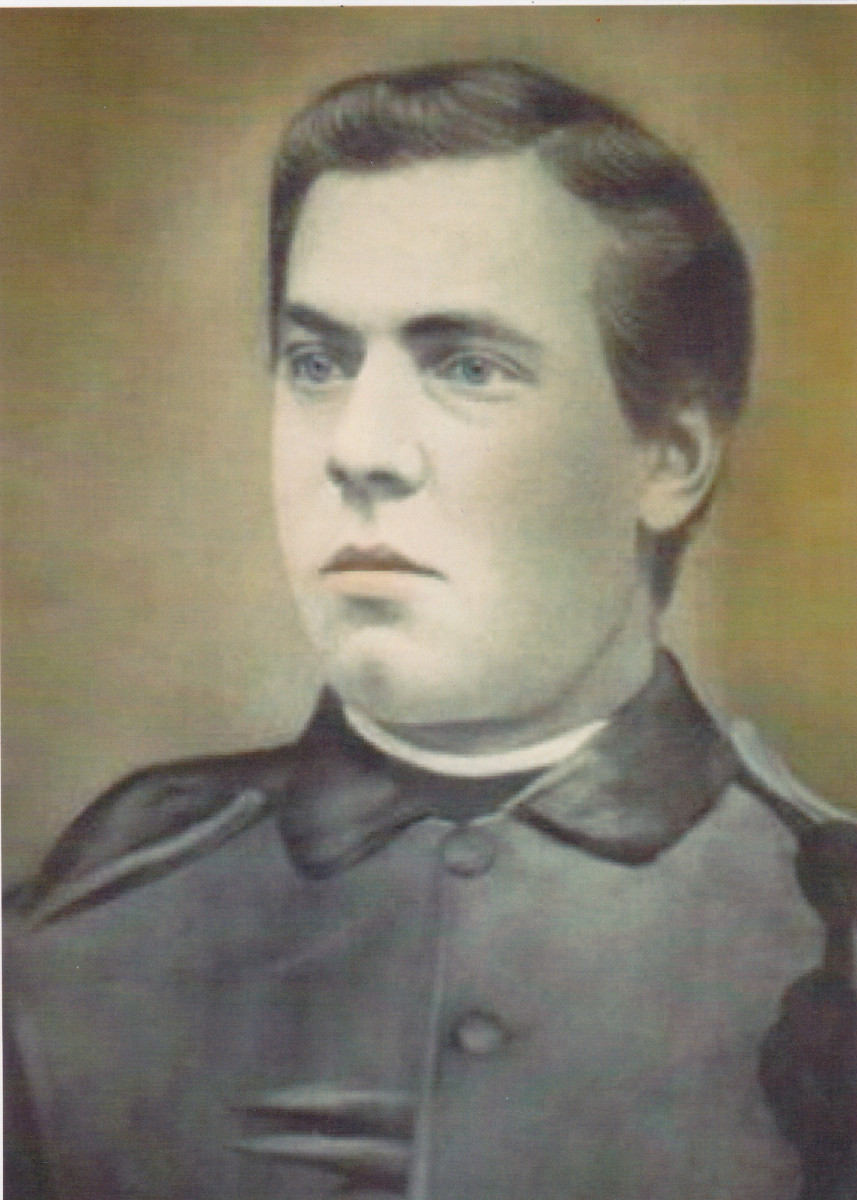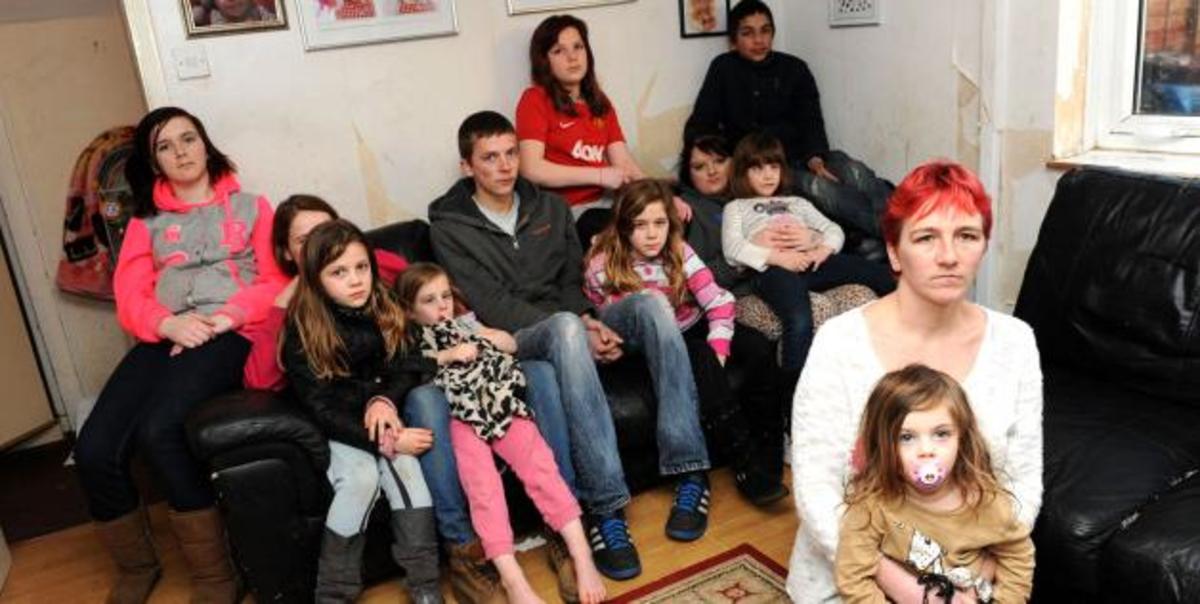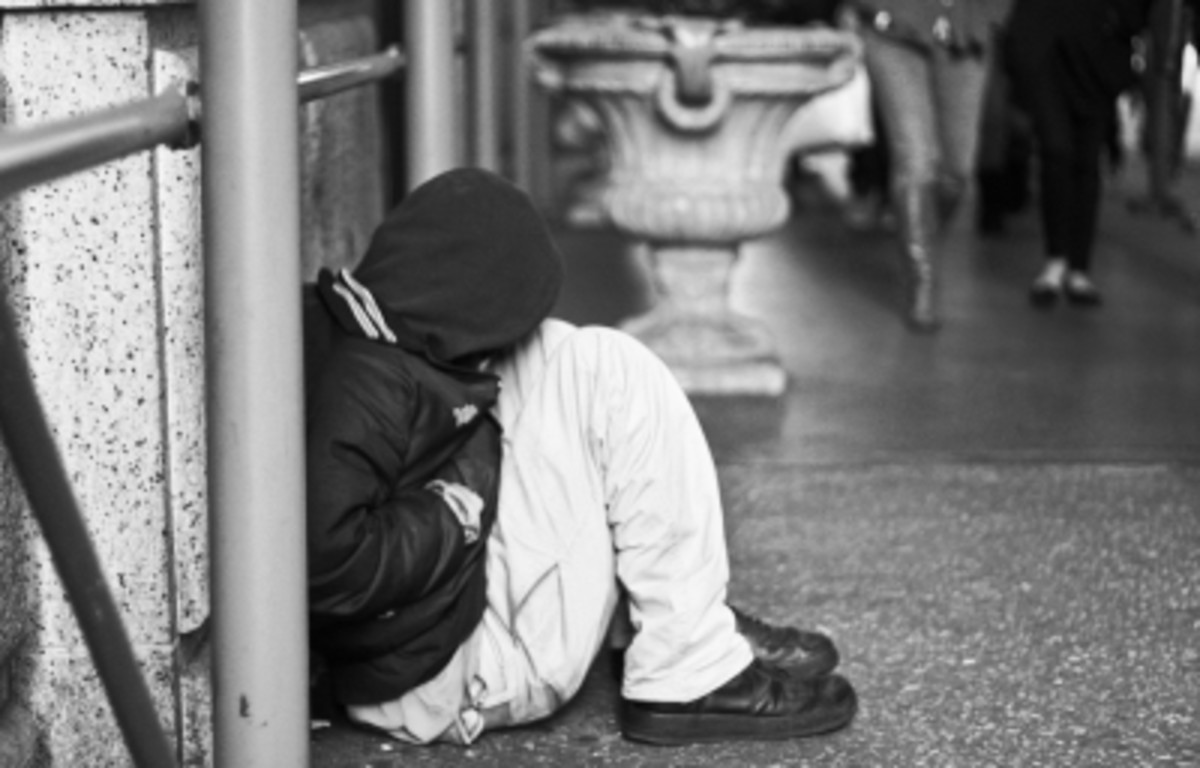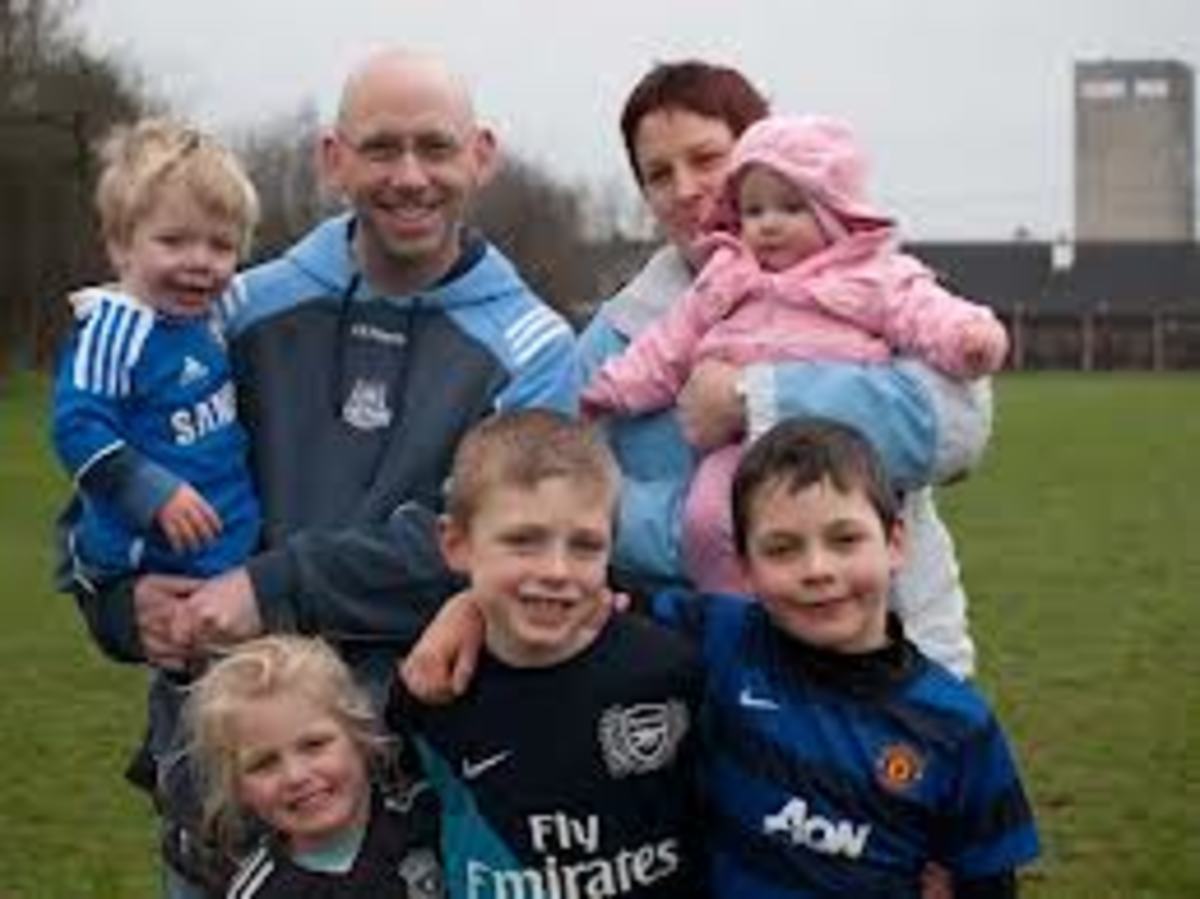News for Poor People: It is Time to Stop Depending On Handouts and Pull Yourselves up by the Bootstraps!

Stop Depending On Charities, Handouts, the Government and Start Helping Yourselves
It seems strange to me that the rich are always maligned by the media, social scientists, religion, and by general society. There is an underlying culture of anti-achievement which rewards the failures and derides the achievers. From time immemorial, the poor are praised and deified as the underdogs, as the people who are trampled on, and the poor souls who tried to achieve but could not.
I decided to take the contrarian view of the poor. Yes, in more ancient and medieval times, the poor were oppressed and denied opportunities for advancement by the more powerful classes. Ancient, medieval, and early modern times had a distinct and closed hierarchical system in which once a person was born into a certain class, she/he was in most likelihood doomed to remain in that class. Of course, there were people who advanced from the lower to the middle and/or upper class but these people were few and/or fearless. Most people in ancient, medieval, and early modern times were slated to be in their class of origin.
However since the late 19th and 20th century, there are immense opportunities for people to advance themselves economically and educationally. In the late nineteenth and early twentieth centuries, there was mass immigration of various ethnic and racial groups to the Americas, Britain, Western Europe, and Australia in search of opportunities. Many of the immigrants came to these areas poor but they emphasized to their children that they did not have to remain poor and to educate themselves. They further stressed to their children to pull themselves by their bootstraps, not to depend upon the government nor their families to help them. This resulted in many children and grandchildren of immigrants becoming middle class and better.
However, there are many poor people today, some seventh generation Americans, who believe that society owe them something. They further contend that the more affluent members of their families and society should take care of them. They are so fatalistic that they refuse to further educate themselves, look for work, and /or to improve their living conditions. They furthermore imbue their children with the same fatalistic outlook.
Look at the poorer neighborhoods and see the lack of care and the desolation. Poor people further indoctrinate their children that education and improving themselves are worthless and they express envy of those people who are more affluent that they are. Poor people give excuses for their so-called predicament whether it is ethnic/racial origin, their socioeconomic conditions or the so-called bad breaks in life.
Poor people have adapted a passive philosophy of life. Many poor families believe that the more affluent members of their families should sacrifice their lifestyles to help them live more affluently. For example, I saw this evident in my mother's family of origin, tenth generation of Southerners. I have overheard three of my maternal aunts asserting that my youngest great aunt, who became wealthy through her own efforts, should help them financially because they are impoverished, living from hand to mouth. It has been proven time and time again that to give economic help to poor and impoverished people only make them lose incentive to help themselves. In addition to this, giving economic help to poor and impoverished, especially sixth and seventh generation non-immigrant Americans causes them to always expect outside financial assistance making them passive, expecting society to owe them a living.
My maternal grandparents were examples of this. They were impoverished, barely eking out a living; however, they had six children already when they could barely manage to support one. My great aunt realizing their economic plight, decided to help them. My maternal grandparents barely had enough money for shelter and food. They lived on a rented farm. The six children hardly had any clothing. My maternal great aunt, out of sisterly love, elected to help them live a somewhat better life. My maternal grandfather could not sufficiently provide for his six children and my maternal grandmother refused to work. My maternal grandmother continuously got pregnant although the family socioecnomic situation was already dire. My maternal great aunt donated clothes, books, and other intellectual paraphernalia that she obtained from her professional position. Although my maternal great aunt was a professional woman earning a good salary, no one of it went to herself but to support her sister and her growing brood of children.
Because my maternal great aunt was an altruistic and generous woman, my maternal grandparents expected her to take care of them and they did not see a reason to better themselves economically and proceeded to have ten children altogether. My maternal grandparents' initiative was destroyed because my maternal great aunt financially supported them when they could easily obtain better employment. They did not have the wherewithal to do this. They believed that their more affluent relatives were to support them and help them live better.
My maternal grandparents have imbued my aunts and uncles with this philosophy. Out of their ten children, only three are middle class to upper middle class professionals. The other seven siblings who are poor and impoverished, remained that way making excuses. They also had the same opportunities as the three siblings to obtain advanced educations which usually lead to professional careers. However, they elected not to advance their education beyond the high school level. My two aunts, who are the poorest, adopted promiscuous lifestyles which resulted in teenaged pregnancies and being relegated to low end, menial jobs. They are the most bitter regarding their impoverishment, however, they elect to remain passive. Even though my father suggest that they could either attend college or get a job at the Post Office, they refused to do so being contented in their impoverished status. They regulary express venomous jealously to their more affluent relatives, especially to me and my maternal youngest great aunt.
My seven maternal aunts and uncles look at their poor and impoverished socioeconomic conditions, expecting their more affluent siblings to support them. Only my mother, who is the oldest, tried to support them financially much to the chagrin of me and my father. I have successfully talked my mother out of it.
I staunchly believe that every tub sits on its own bottom and that it a person wants a helping hand, look at the end of his/her arms. Siblings are not supposed to financially support each other-each one should stand on his/her two feet. aternal grandparents elected not to use initiative to advance themselves out of poverty.
The poor, especially in America, are in the condition they are in because of choice. Yes, choice . People in America do not have to be poor unless they want to. Since the 1960s, there has been a plethora of opportunities for educational and economic advancement. However, I fault the liberal welfare system in America for making it easy for the poor to coast along in life. Remember, the liberal welfare system in the 1960s where it was very easy to obtain welfare benefits which included clothing and food . This resulted in many poor people not wanting to obtain work. They believed that it was better to be on welfare. Welfare and other social systems made the poor believe that they were entitled to live a middle class life.
It is interesting that immigrants come to this country and would take any job to live a human life. My father, who is from the West Indies, took several jobs to live a human life. He neither depended upon the government nor his family to dole him out. By contrast, my mother's family, who were not immigrants, depended upon my great aunts to dole them out and even lived with them for free. They held out for "jobs that they were only qualified for" and refused to take any job. I believe that when a person is poor, she/he is not above any job to survive and to be independent.. To digress, I believe that the rich have earned their rights to live luxuriantly and need not to help the poor who should help themselves. The rich worked very hard and very smart to get where they are!
As I stated before that the poor have the attitude of victimization. They believe that everyone is against them and that they have no chance to advance their station. However, this is not true. The poor have no conception to plan, strategize, and think about investing in their future and /or their children's future. The poor only believe in their present pleasure.
There is documentive evidence that the poor have more children and large families whereas the more affluent i.e. the middle, upper middle, and upper class have smaller families. This results in many poor families being subsidized by either more affluent relatives, charities, or by governmental agencies. This gives poor children the expectation that "the government will take care of us". Whereas the more affluent have smaller families as to afford them the better things of life. Furthermore, as a result of impoverished conditions, poor children are more likely to become bullies, juvenile delinquents, and/or criminals.
To conclude, governmental programs are not the answer to eliminate poverty. It is up to the poor to pull themselves out of poverty by practicing self-control, birth control, strategizing economically, educationally, and socially to realize that poverty is not good. The poor can become more affluent if they wish to do so. Affluent society has reached its endurance point in instituting social advancement programs for the poor which has done no good. It is up to the poor to obtain the education and skills to advance themselves to the middle-class level.








